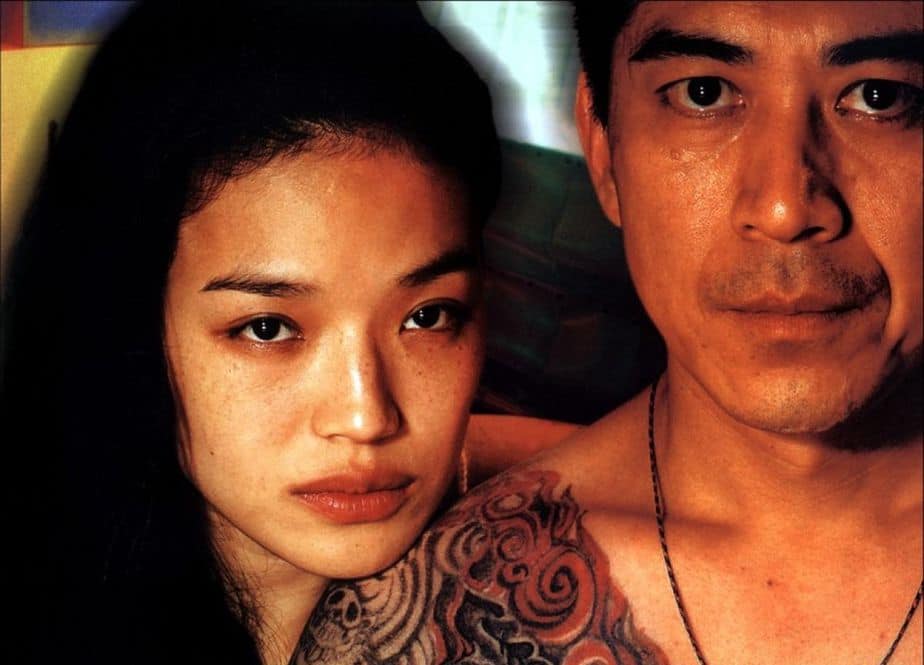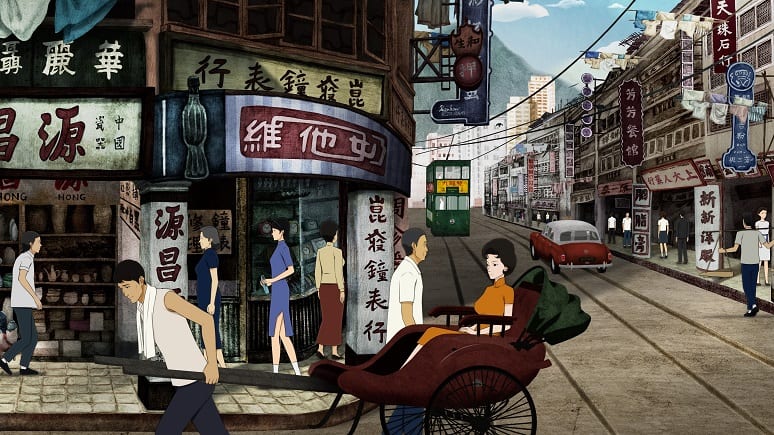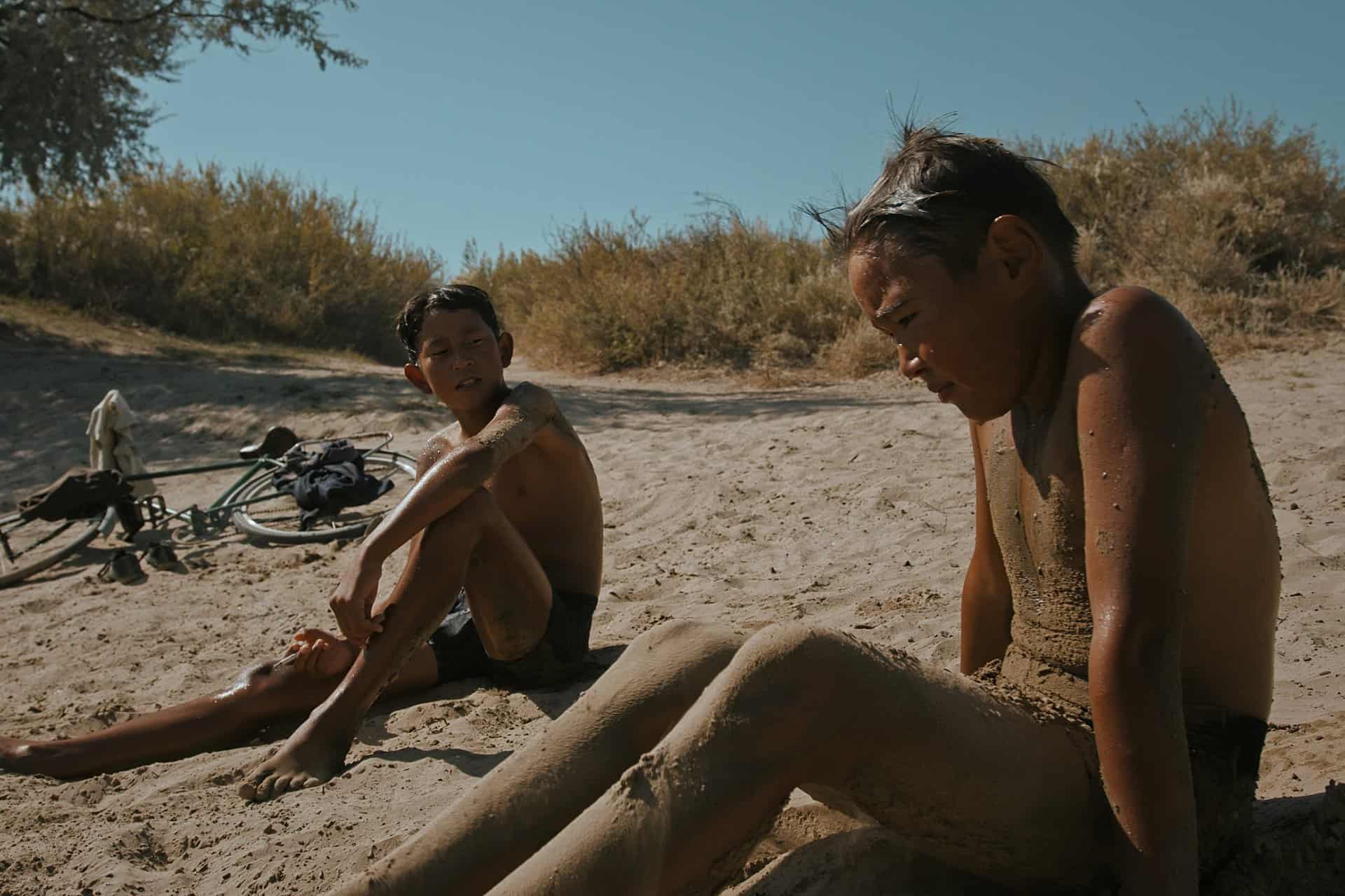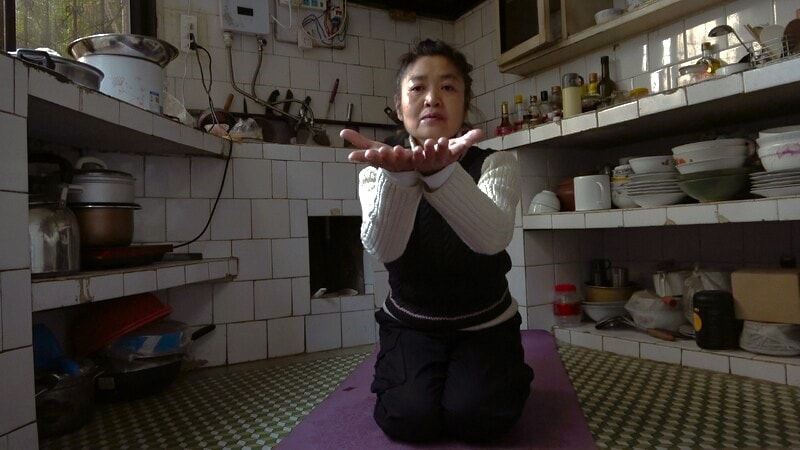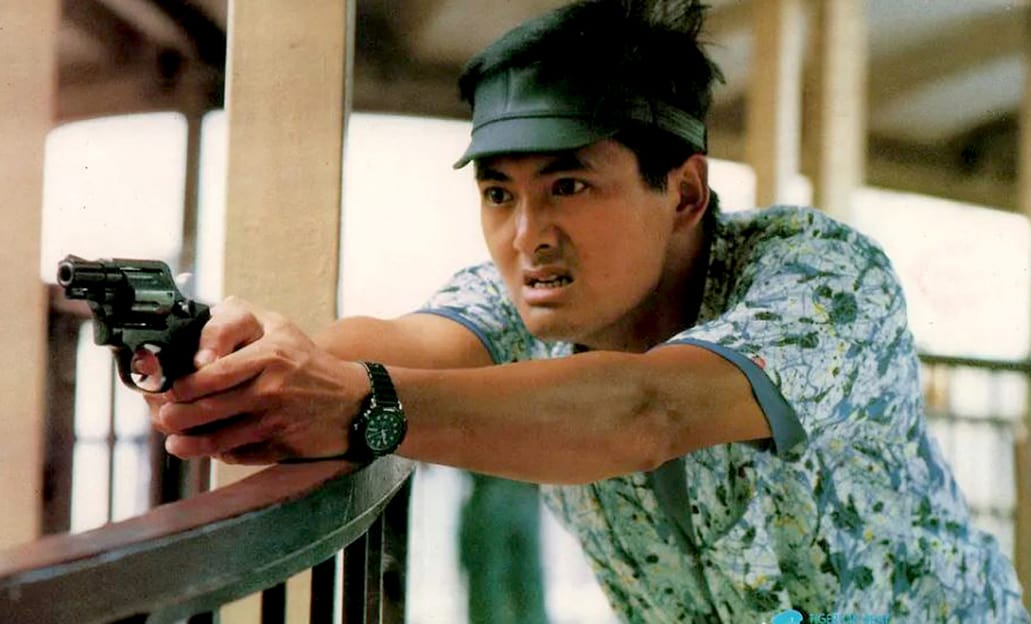Sylvia Chang is known to be a prolific artist, with a record of several films a year as an actress, as well as a new project as a director at least every three to four years. After “Run Papa Run” in 2008, however, it would go on to be seven year before her next directorial “Murmur of the Hearts” would be released, which proves to be a strong return behind the camera for the veteran artist.
Murmur of the Hearts is screening at the Asian Pop-Up Cinema: Taiwan Cinema Online

“Murmur of the Hearts” is centered around three characters, siblings Yu-mei and Yu-nan and Yu-mei's boxer boyfriend Hsiang. All three are haunted; haunted by memories of their rocky relationships with their parents. Yu-mei and Yu-nan were separated in childhood when their mother left their island home on Lyudao, or “Green Island”, and moved to Taipei with Yu-mei, to get away from her abusive husband. While most of their memories of their mother are resentful, one that they both remember fondly is the story that she used to tell them, a story about a mermaid breaking free, which she never finished. Yu-nan also reminisces of his rocky relationship with his father, who wasn't a very good parent, particularly after the departure of his wife and daughter. Like the mermaid story, both the siblings also lament that they could never quite get closure over their relationship with their mother. Hsiang, meanwhile, is struggling with a failing eyesight, a rocky relationship with Yu-mei and coming to terms with the fact that he just might not be good enough to make it in the world of boxing, despite his training hard for it to please an absent sailor father, yet another relationship that never quite got closure, and a father figure coach.
Chang, who explored the theme of parenthood in “Run Papa Run” before this, dives deep and headfirst into the subject once again. All three central characters have rocky relationships, which Chang presents as being a residue of the resentment and the angst that they still feel over being abandoned or separated at such a young age. While Yu-mei and Hsiang struggle with their own relationship, there is also the pressing issue of Yu-mei's pregnancy, which she has only recently discovered, which further leads them to introspect about their relationships with their parents, leading to doubts if they would make good parents and by extension, if they should go ahead with the pregnancy.
All three try to channel this inner turmoil in different ways. Yu-mei, a painter, pours it all out on her canvas, Hsiang takes it out on the punching bag or by becoming a literal punching bag for his opponents whereas Yu-nan, a tour guide on Lyudao, dreams. His dreams involve meeting his mother one last time, trying to make sense of why she abandoned him and left with his sister and understanding her side of the story. Dreams also play a big part, dreams that mostly remain unfulfilled. The depiction of these dreamlike qualities makes for an often fascinating surrealistic feature at times, most notably in the sequence where Yu-nan “teleports” back to the past to meet his mother. It does lead to a sometimes uneven pace and an extended running time, but ultimately adds to the film's appeal.
The film's look, lensed by Leung Ming-kai, furthers this dreamlike ability. It's subtly lit, with some absolutely wonderful urban scenes as well as landscape shots by the seashore. The underwater scenes of the mermaid's story are immersive, pun intended, and among the finest, as is the sex scene early on as seen through the frosted window panel. Music doesn't make a regular appearance throughout, but when it does, it heightens the overall elegiac feel. The erhu track in the scene right after Hsiang has a quarrel with his coach is particularly memorable and the chanting track in Yu-nan's dream meeting with his mother adds to the hypnotism of that sequence.
The script by Chang and actor Yukihiko Kageyama is very much an actors' script, and in Isabella Leong, Joseph Chang and Lawrence Ko, the director has a very efficient trinity to work with. All three get ample time to shine as they each get their own stories and character developments to work with. Like Sylvia Chang, Isabella Leong also returns after a seven year gap and makes her presence felt. Both she and Joseph Chang, who plays Hsiang, shine in the scenes they share. The latter's emotional outburst, when being told he should quit boxing, is heartfelt. His character probably has the most well-rounded journey of the three and the actor makes the most of it. Lawrence Ko is equally impressive as the quiet Yu-nan, with his scene with Angelica Lee, who plays the mother, standing out the most.
“Murmur of the Hearts” is, without a doubt, Sylvia Chang's most accomplished work to date. Refined and polished, it is a lyrical story of three fractured souls, rich in motifs (the mother's story about angels saving the stranded fish personified in the bartender, for example) and mystical. Certainly a film that warrants repeat viewing to fully grasp, it is one that audiences will find themselves mulling over in the days following their viewing.



